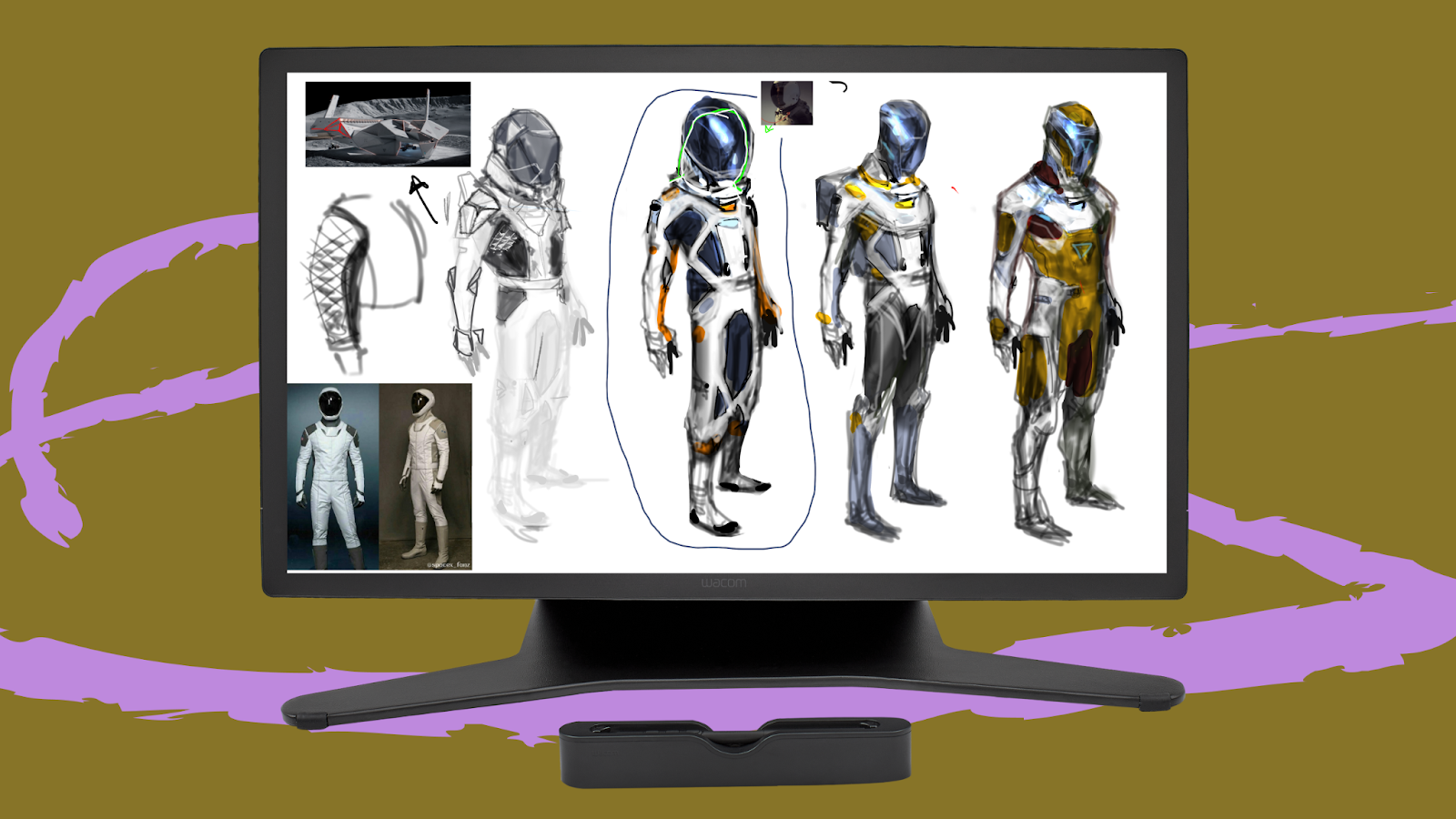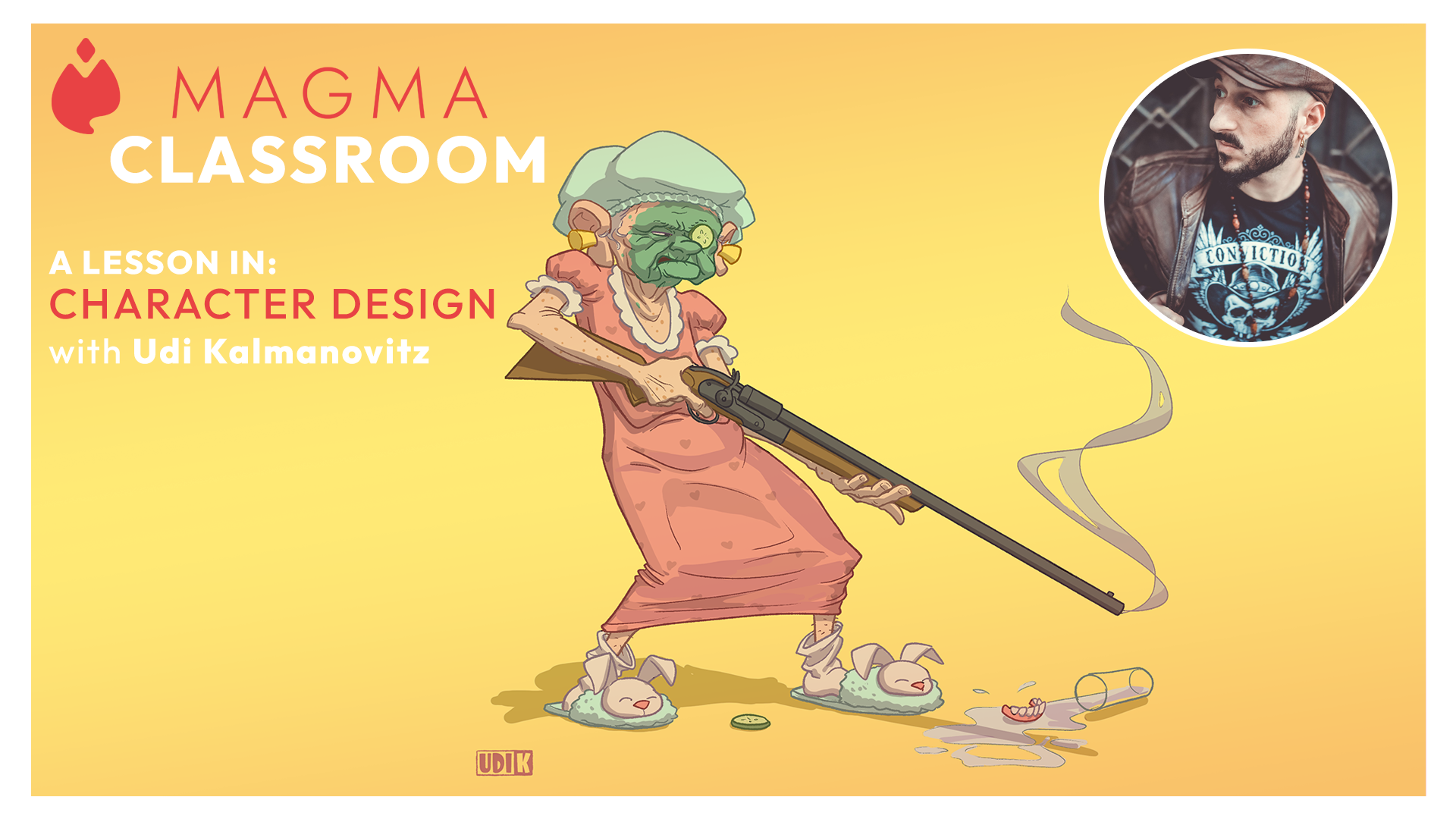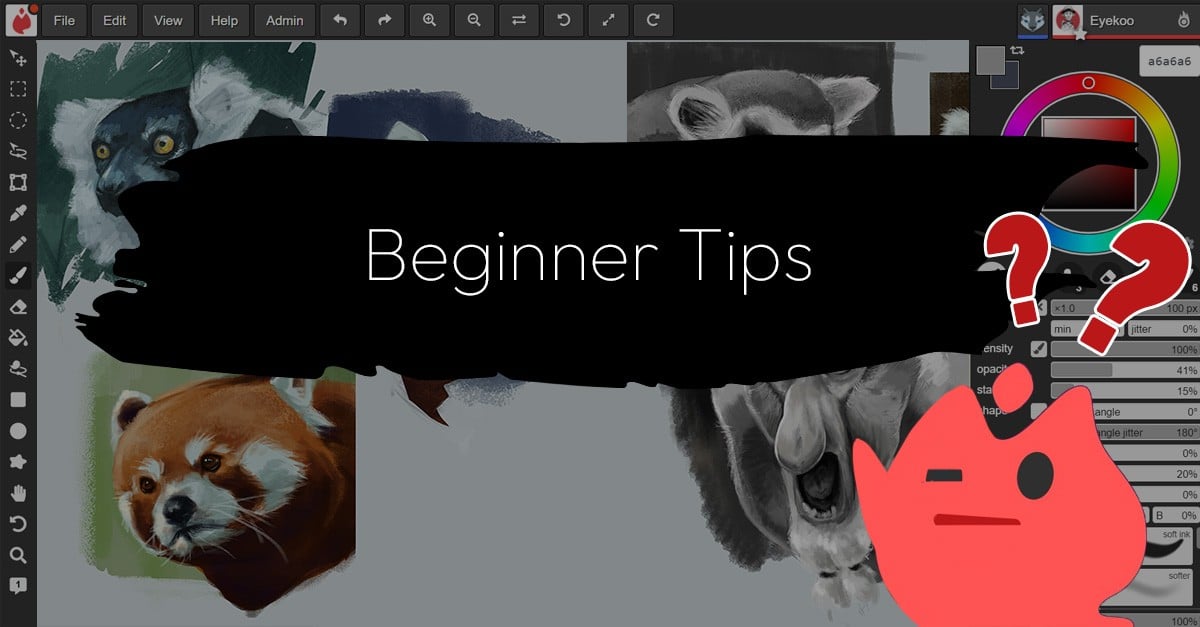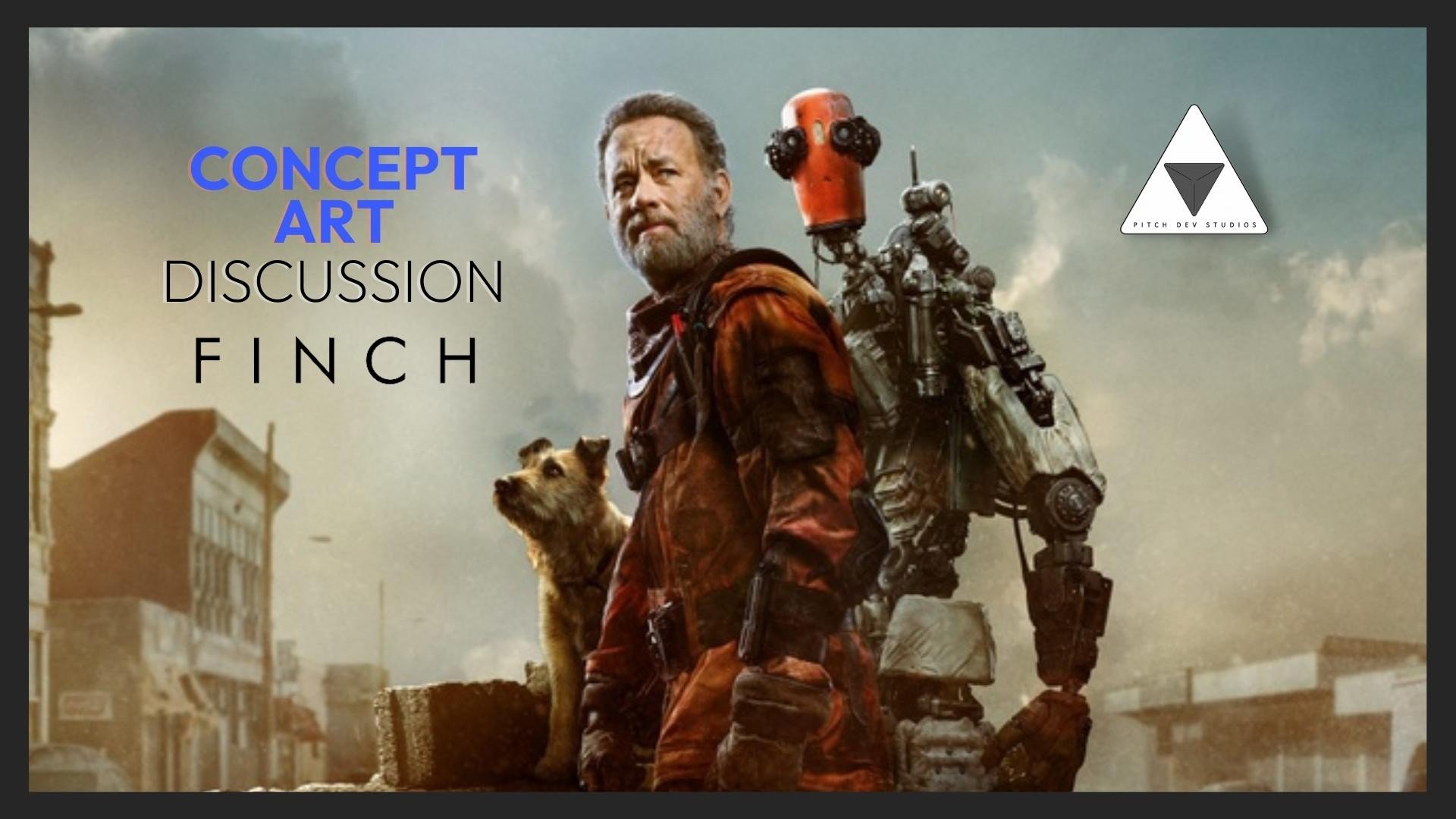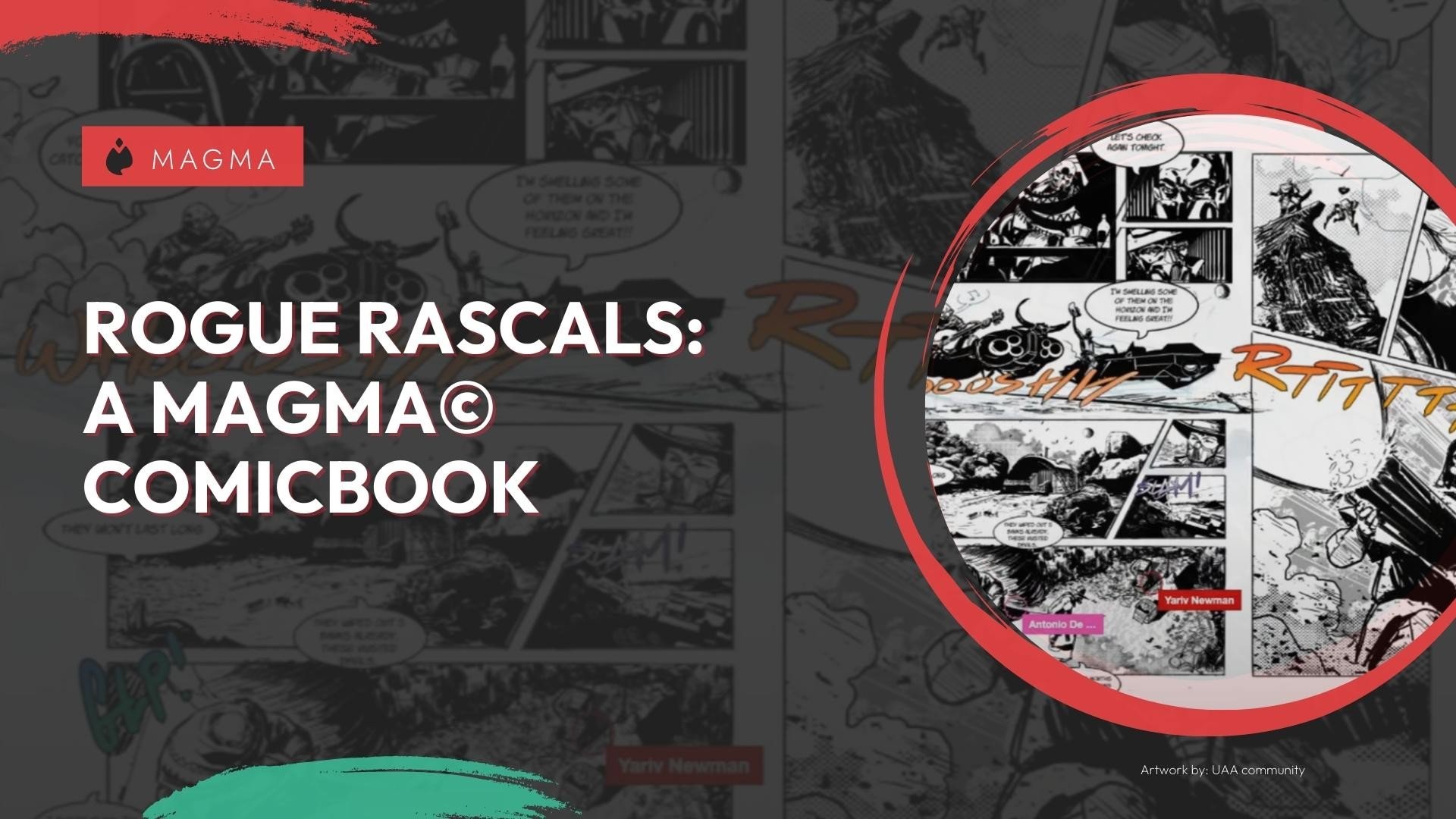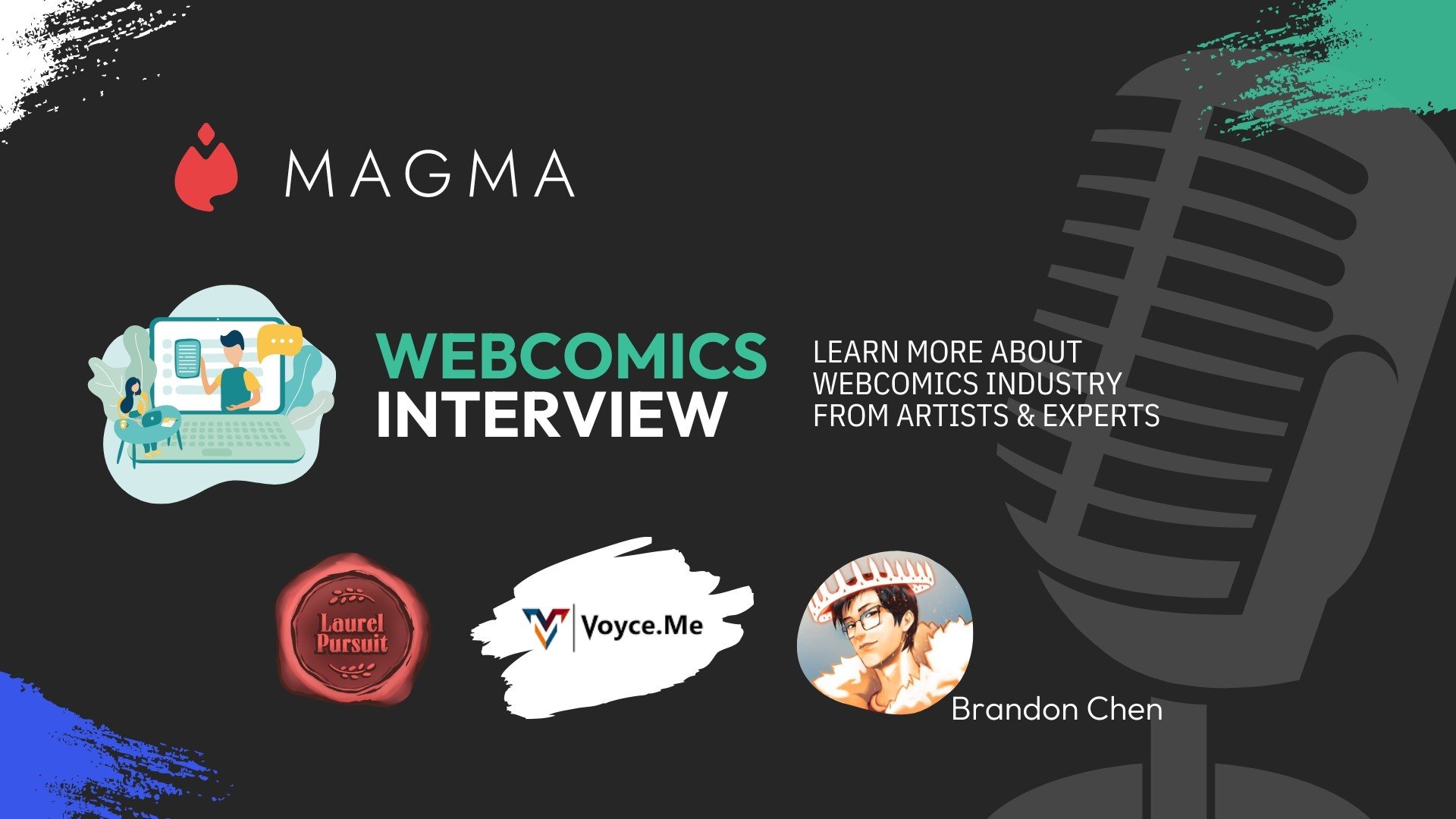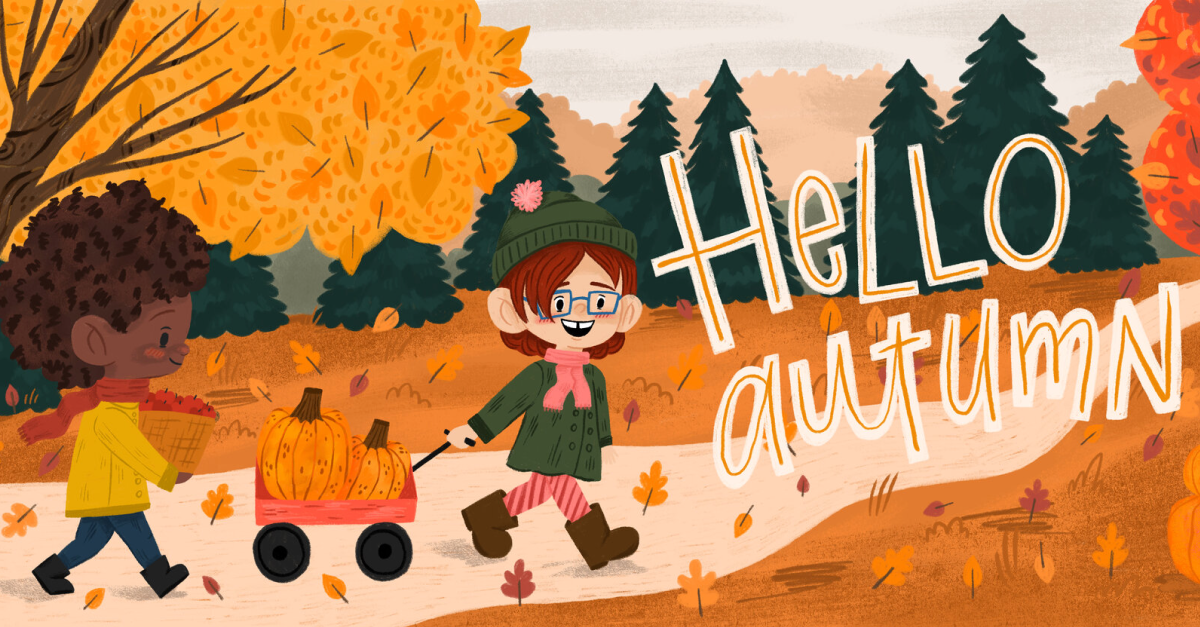

We interviewed Dan Norton, former Art Director and Head of Story Development Art for Riot Games, about his experience in game design and using Magma for his workflow. Dan offered some great insights about how studios can use Magma and shared his thoughts on the future of the industry.
Why is collaboration important for a studio’s workflow?
You want people to share the problem. Then you start to see how teams move to solve each other’s problems through the work that they’re doing. If you’re not doing that, teams are siloing. You see that there’s overlap, redundancies, and inefficiencies, and it becomes very tribal in certain regards. People become super competitive.
We moved so much faster when we really started cross-collaborating and breaking down multidisciplinary teams to understand where the solutions could come from. I’ve noticed people don’t like solutions at all. They don’t want answers, they want challenges, because ultimately they want to solve the problem. It gives them ownership and a sense of just owning a solution.
So collaboration for this is huge. Ultimately, when people feel like they’re sharing the same problem, it kills toxicity. Otherwise when people go into those siloed spaces, they start complaining about stuff. The barriers go up and people get defensive. So if you’re not building channels of communication, it’s going to fall apart fast. That’s why I really think it’s hyper critical to talk to other teams and help each other out. I can’t even tell you how many times we grew just because we were sharing problems.
Tips on making the most of Magma?
A tool like Magma is definitely going to help bring people together, but giving them a clear understanding of how to utilize the tool and do it within the product workflow is key. In Magma, we really leaned towards brainstorming, when we would all just sit and draw and come up with stuff, and then make notes.
When you’re drawing in Magma, it’s important to have roles laid out for who’s going to tackle what, like, “I’ll lay out the figure, you do the flats with the color and someone else does a background.” You’ve really got to have a plan to work as a team so you can anticipate other people’s moves, because art is so complex. Someone needs to pay attention to the totality of the composition.
Magma is also great for reviewing a piece. Everyone can make notes and just point to specific areas, like, “Hey, have a look at this hand,” or “Yeah, these eyes are a little weird.” When everyone was looking at it together and leaving specific feedback on the canvas, it was super helpful because then we all knew what we wanted out of a piece.
How do game artists find inspiration?
Typically they’re going to look at other games. One of the things that Riot said was to take playing games seriously because other games, especially if they’re in a similar genre, will offer you ideas.
Looking forward, I think the interesting part is image generators. With AI, I think we’re just going to see a ton of that stuff where companies are going to use it and they’re not going to show people that they’re using it, especially if they can segregate part of the server space to protect their IP.
Companies are going to be using the tool and feeding it their own work, and then they’re just going to have it be doing generative iterations of stuff that’s built around that work before going right into the design phase.
I just can’t see people creating collages and mood boards like they did before. I think the layoffs are a big indicator because art teams from every major studio were affected recently. They got rid of the world builders and the concept teams, but the producers stayed. So the producers are going to use generative AI and then they’re going to work with vendors and say, “Hey, here’s what we want and you design it.”
What are your thoughts about the Reference Window feature?
I’ve actually got like four monitors set up, so I spread things around so I always have [a reference] open. I love the idea of infinity boards or canvases where you can just pile on a bunch of references.
How does Magma help game design teams give feedback?
I definitely thought Magma was a great tool to use. Magma is super robust in terms of what we could have just done in the meeting, as opposed to waiting to start handing out assignments after reviews. Assigning work always happened at the last step, but we painstakingly tried to use these terrible drawing tools in the review programs, using a bad whiteboard pencil and stuff. But we could have solved the problem literally in the moment.
What do you see as the future of IP creation in art?
AI is the thing that makes everyone capable of doing things. You’re going to see a lot of the keyboard warriors that master giving prompts starting to create outputs that rival what an artist can do. It’s very laborious for artists to learn their craft. Now a computer is making it all very procedural, and it’s iterating at a high speed. So the tool is going to change the landscape, but it’s also going to change the way ownership works with the web3 content.
People haven’t figured out how the tool is going to fully disrupt the marketplace, but I think it’s going to shift funds away from big studios or businesses. You’ll start to see the little guy capitalize on his own ideas instead of needing the powerhouse of a studio to fund it. The creative minds will own the IP, and they can independently generate tons of content just through prompting. That’s going to take the power away from bigger companies.
Many times, you see the same game sold with a different wrapper. We’ve seen it on every mobile game or every major shooter. The rules are like math, it’s locked in. You can only do so many things because of the human limbic system, and games are really just built as fantasy fulfillment of what you can do in that user experience. So at some point the code is all going to be available and people are just going to be putting new wrappers on everything.
There will be moments of inspiration and innovation, but ultimately the tools are going to be in the people’s hands, and people are going to vote with their dollars on where they want the content to come from. So the gates of production and needing a full service team will be at your fingertips. The landscape will change dramatically.
About Dan:
For the last 32 years, Dan has worked as a Creative Director, Story Development Artist, and Writer on comics, games, and animation for some of the most recognized companies in the world. Working with Marvel, DC, Wildstorm, Riot Games, and
Warner Bros Animation, he contributed to popular franchises including Batman, X-men,
G.I.Joe, ThunderCats, and League of Legends.
Dan founded the Riot Games publishing team, where he helped build the infrastructure to support teams while also creating and overseeing the illustration and animation for many games and events. He loves telling memorable stories that emotionally resonate and sharing his experience to empower the next generation of storytellers.


Oops!
There was a problem when sending the form. Please try again, or contact us at [email protected] if the problem persists.
Subscribed
Thanks for signing up to the newsletter!
